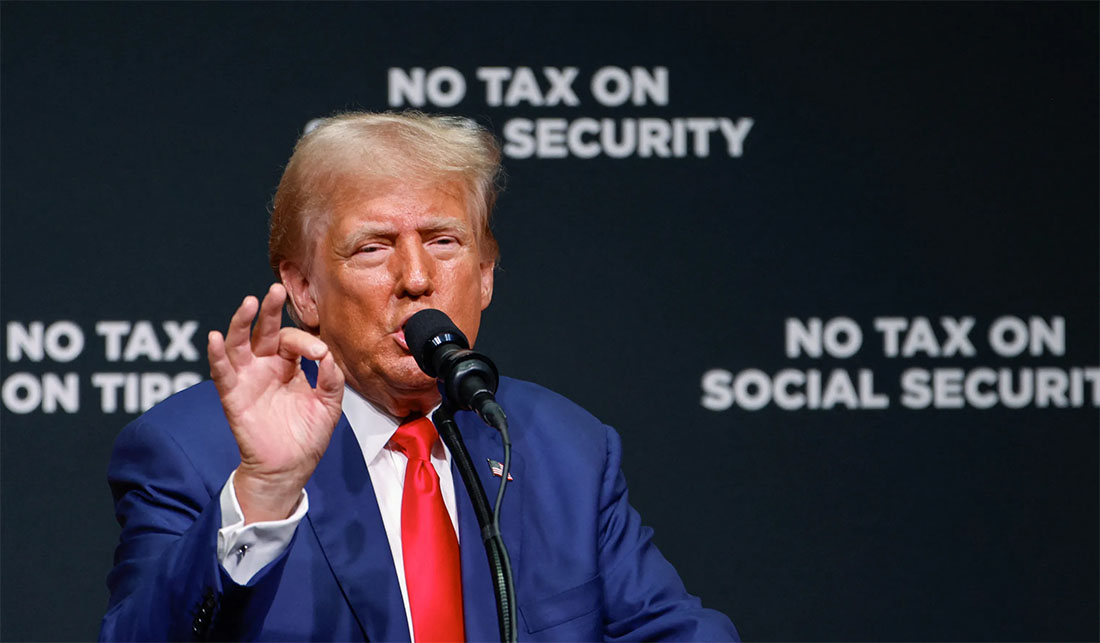Photo Credit: Getty Images
At the 2025 G7 Summit in Kananaskis, Canada, U.S. President Donald Trump reignited longstanding tensions over Russia's exclusion from the influential group of industrialized nations. Speaking alongside newly appointed Canadian Prime Minister Mark Carney, Trump asserted that expelling Russia from the then-G8 in 2014 was a "very big mistake"—a move he blamed on former President Barack Obama and, incorrectly, on former Canadian Prime Minister Justin Trudeau.
During the media availability prior to their bilateral meeting, Trump claimed that Russia's exclusion contributed to current global instability, particularly in Eastern Europe. "You wouldn't have a war right now if Russia were in," Trump said, referencing the ongoing war in Ukraine. He also insisted that Russian President Vladimir Putin was "very insulted" by the ejection and claimed Putin only speaks to him among G7 leaders.
Trump's remarks, however, misrepresented historical facts. The decision to suspend Russia was a unanimous one by the G7 in March 2014, following the annexation of Crimea. A joint statement from the leaders at the time condemned Russia's actions as a "violation of international law." Contrary to Trump's claim, Trudeau had not yet assumed office; Canada was led by Prime Minister Stephen Harper, a Conservative, while Trudeau was leader of the opposition.
Carney, who succeeded Trudeau in March 2025, stood by silently as Trump reiterated these claims multiple times, even suggesting Trudeau had "convinced" others to eject Russia. While Carney did not rebut Trump directly, he ended the session shortly after, stating they needed to "start the meeting to address some of these big issues."
Trump also expressed support for possibly including China in the G7, calling it "not a bad idea," though he offered no elaboration. This comment came amid broader disagreements on trade, as Trump doubled down on his protectionist stance, calling himself a "tariff person." His meeting with Carney was expected to address lingering trade friction between the two countries.
Meanwhile, the summit's broader agenda included a possible joint communiqué on the escalating Israel-Iran conflict. European leaders, including German Chancellor Friedrich Merz, called for a firm stance against nuclear proliferation. British PM Keir Starmer emphasized the need for de-escalation, though consensus on strategy appeared elusive.
As Trump returns to the G7 stage after a six-year hiatus, his continued alignment with Putin and revisionist framing of 2014 events serve as a stark reminder of his unconventional diplomacy—and the fractures it can ignite on the world stage.


